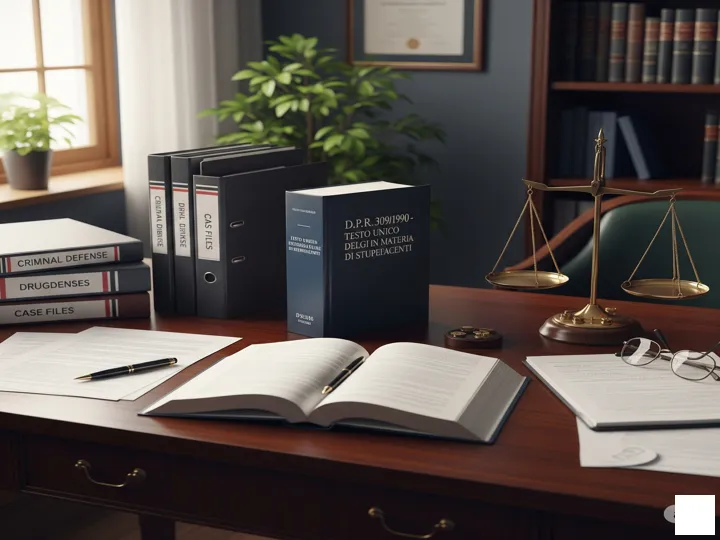Receiving an international arrest warrant can be a shocking experience. It means that you may be arrested and extradited to another country to face criminal proceedings. In such cases, quick and informed legal action is essential to protect your rights.
Extradition is not a conviction: it’s a procedure to challenge
Being named in a warrant doesn’t mean you are guilty
Extradition is a formal legal process, not a presumption of guilt. It can — and should — be contested, especially if:
- there are procedural flaws,
- the warrant is not properly grounded,
- or if there are risks to the defendant’s rights in the requesting country.
Legal defense should assess:
- the validity of the warrant,
- the human rights situation and prison conditions in the requesting country,
- the likelihood of a fair trial,
- and any political or discriminatory motives behind the request.
Defending yourself is a right: international expertise is essential
You need a lawyer who understands cross-border legal systems
Anyone facing an international arrest warrant needs a defense lawyer experienced in extradition and international cooperation, able to:
- thoroughly analyze the warrant and its legal basis (e.g. European Arrest Warrant, bilateral treaty, Interpol Red Notice),
- act fast within strict deadlines,
- coordinate with foreign legal teams,
- and explore legal options to block or suspend the extradition.
An international criminal defense attorney doesn’t just respond — they build a strategy and act proactively across jurisdictions.







